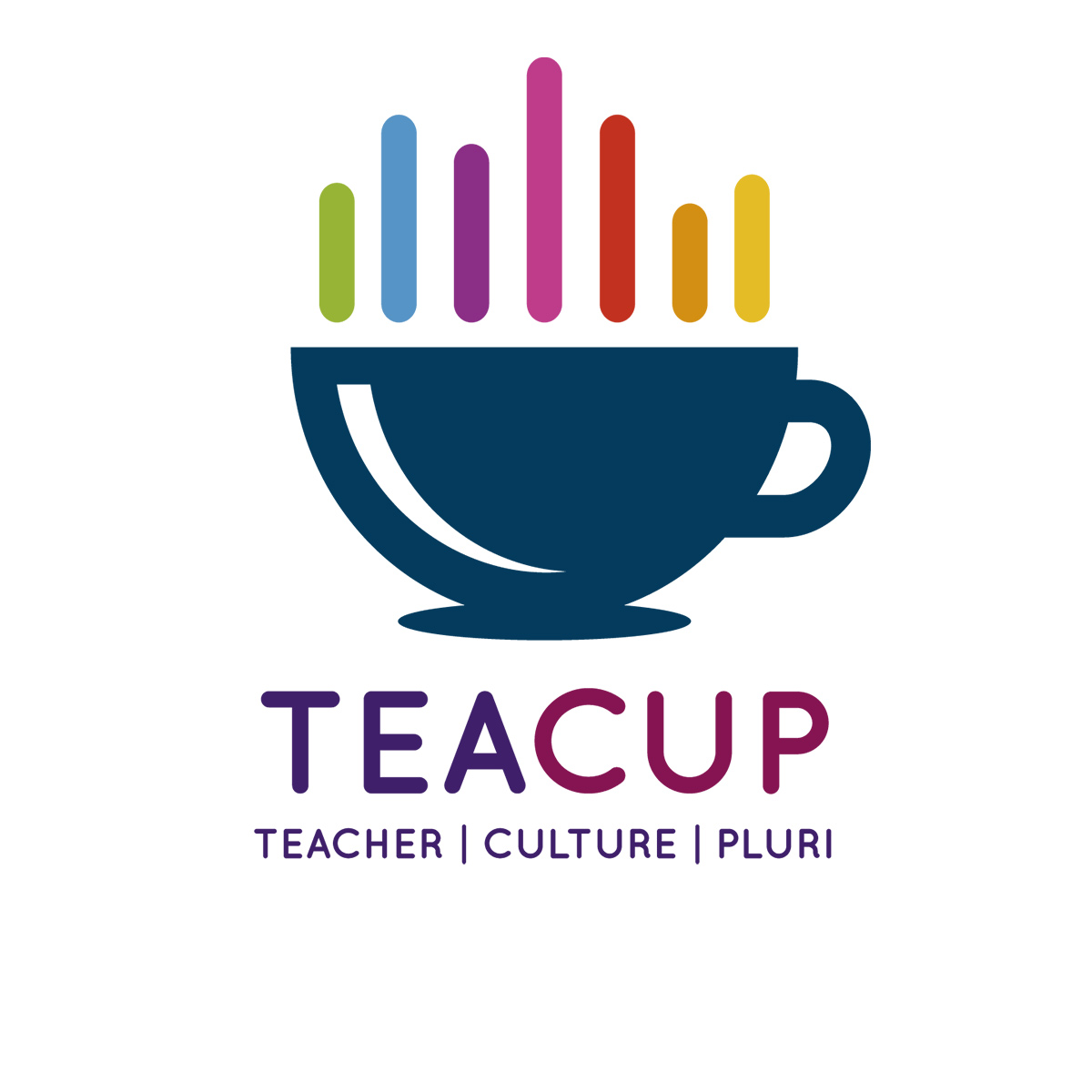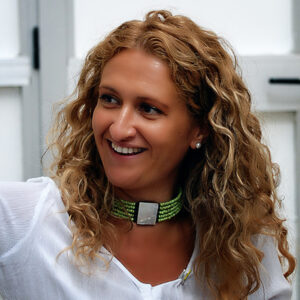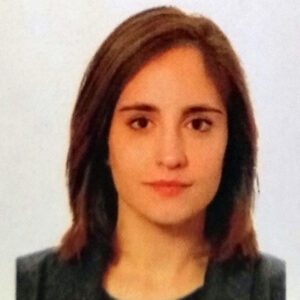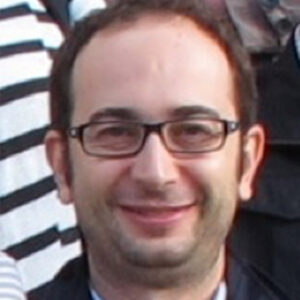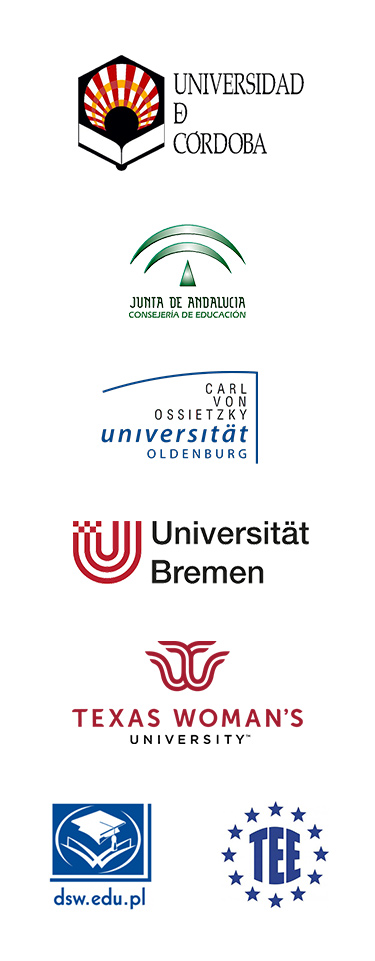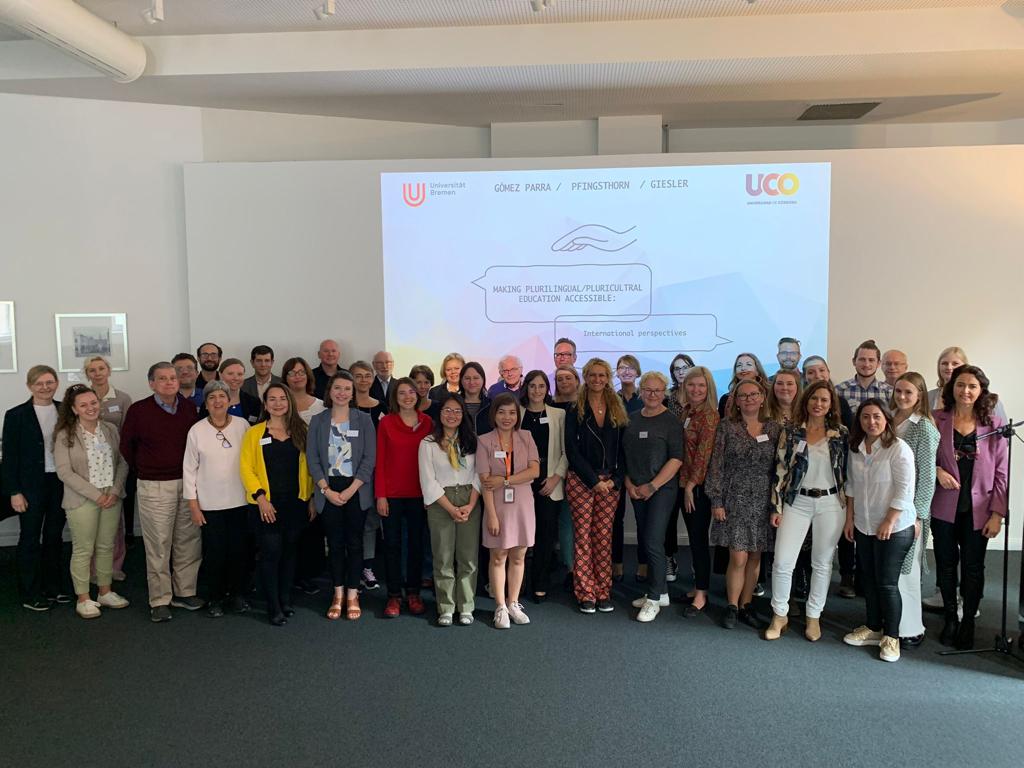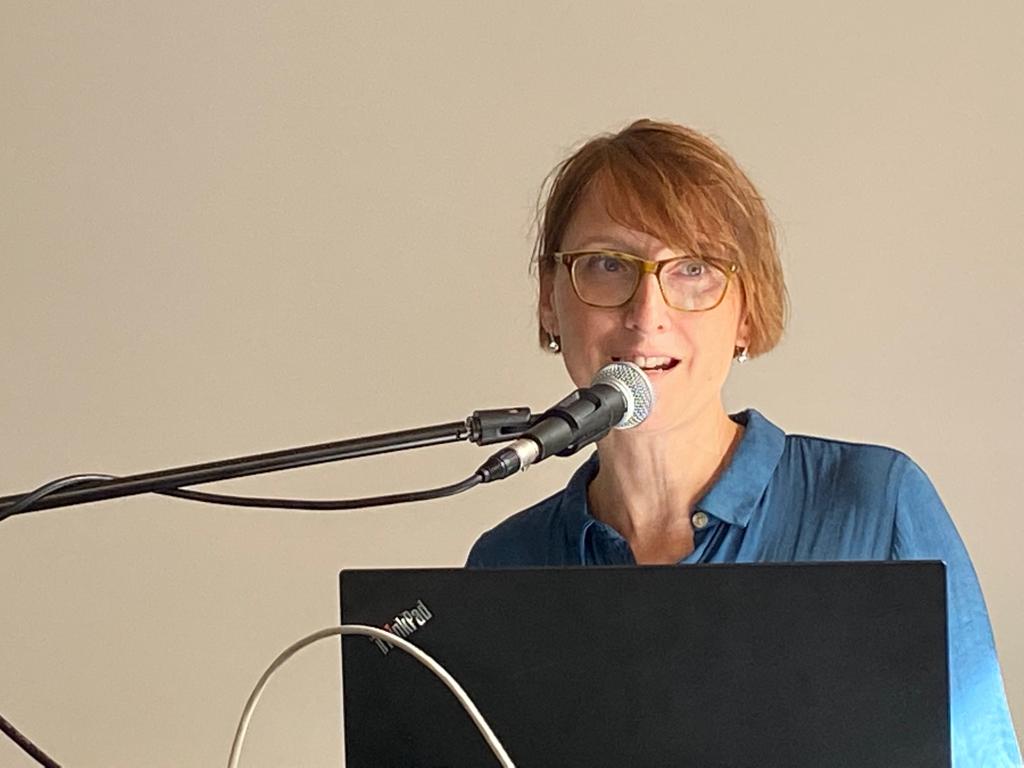About TEACUP
The current dominant paradigm in language education is teaching languages (and cultures) in isolation, e.g. as separate subjects. Such a compartmentalized approach is far from optimal because it can lead to “limitations in terms both of learning capacity and space in the curriculum” (FREPA, 2010, p. 8), especially when aiming at increasing the number of languages taught, i.e. realizing the Barcelona Summit (2002) “mother tongue + 2” objective. This limitation is clearly visible in the relatively low average number of foreign languages (FL) learned per pupil in, for example, EU secondary education reported by Eurostat, which in 2012 did not exceed 1.6. At the same time, the European labor market shows a growing demand for effective multi- and plurilingual communication skills and (pluri)cultural awareness (ET2020, Languages for Jobs).
The project will deliver educational modules that highlight synergies in the teaching of various languages and cultures, thereby integrating the notions of plurilingualism(PL)/pluriculturalism(PC) into international training programs for FL teachers. The plurilingual/pluricultural approach to FL learning steers away from the conviction that an individual’s languages and cultures are kept in strictly separated mental compartments. Instead, it encourages the build-up of communicative competence to which “all knowledge and experience of language contributes and in which languages interrelate and interact” (CEFR, 2002, p. 4). The modules will be:
- composed of a compendium of thematic content, teaching units, a teacher’s companion, a reflection tool-kit;
- available for use both as complete regular courses or intensive workshops (e.g. 3 ECTS workload) and as individual smaller-scale units/topics, on various levels of teacher education (e.g. B.A., M.A., M.Ed.);
- developed in a co-collaborative way by international researchers, teacher educators, applied linguists, linguists, pre-/in-service FL teachers;
- based on research findings and existing resources providing both theoretical insights into as well as practical solutions for FL learning;
- empirically (re)tested, (re)evaluated in different transnational settings, (re)modified and improved accordingly, including the documentation of the underlying processes;
- digitalized, documented and maintained on the project website, which grants open access to all interested parties; and
- designed with the goal of effective and sustainable integration into international FL teacher education programs.
In doing so the project answers the call for «measures aimed at promoting multilingualism and enhancing the quality and efficiency of language learning teaching» (EC Communication on Multilingualism).
The primary target group of TEACUP are FL teacher educators, who use the modules in the teaching of FL pre- and in-service teachers (secondary target group). These two target groups are natural multipliers who have the capacity to transfer of knowledge and competences to the tertiary target group, FL language learners. The OECD (2005) points to a link between the quality of teaching/teacher education and student attainment: Effective teaching depends to a large extent on the expertise of teachers.
Therefore, in order to promote a more integrative approach to FL learning, to support the provision of a wide range of languages and cultures, and to value and make use of linguistic and cultural competences of citizens, teacher educators and pre-/ in-service teachers need to be equipped with innovative tools for teaching.
